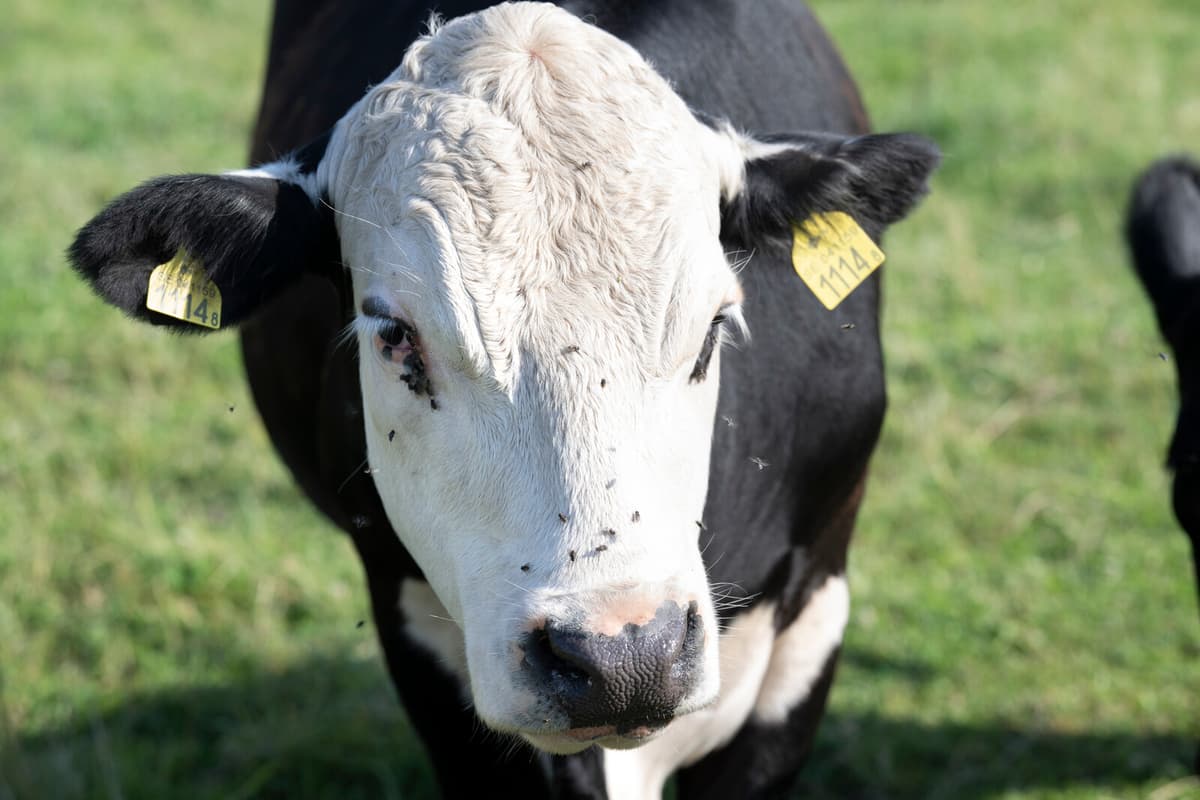The new company includes 12,000 dairy farmers and will have a turnover of 19 billion euros, equivalent to over 200 billion Swedish kronor.
The two parties have previously had some cooperation but are now merging. The head office will be located in Viby, Denmark, with Peder Tuborgh as CEO.
Higher Price
In the uncertain world we live in, with decreasing milk production in Europe, this will strengthen us and ensure food production, says Inger-Lise Sjöström, vice chairman of Arla's board.
She means that the two companies complement each other in a good way and in the long run, it will give a higher price to Swedish dairy farmers.
Arla is strong on brands and has a very good export business. We are also good at protein for sports nutrition, among other things. DMK is very strong on cheese, which means a significant whey production that we can increase the value of.
German Milk?
But there will be no German milk in Swedish packaging.
No, the milk will remain national, says Inger-Lise Sjöström.
Palle Borgström, chairman of the Federation of Swedish Farmers (LRF), is positive about the proposed merger
This will benefit Arla as a company and also Swedish dairy producers. We see a large global demand for dairy products, primarily outside Europe, and this enables us to meet it.
He sees no risks in the two cooperatives potentially merging.
It's two cooperatives based on the principle that members should have the same conditions regardless of which country they are in. This will create greater opportunities for investments and make it possible to increase milk production in Sweden, he says.
The merger must now be approved by the cooperatives' representatives and by the respective authorities.






